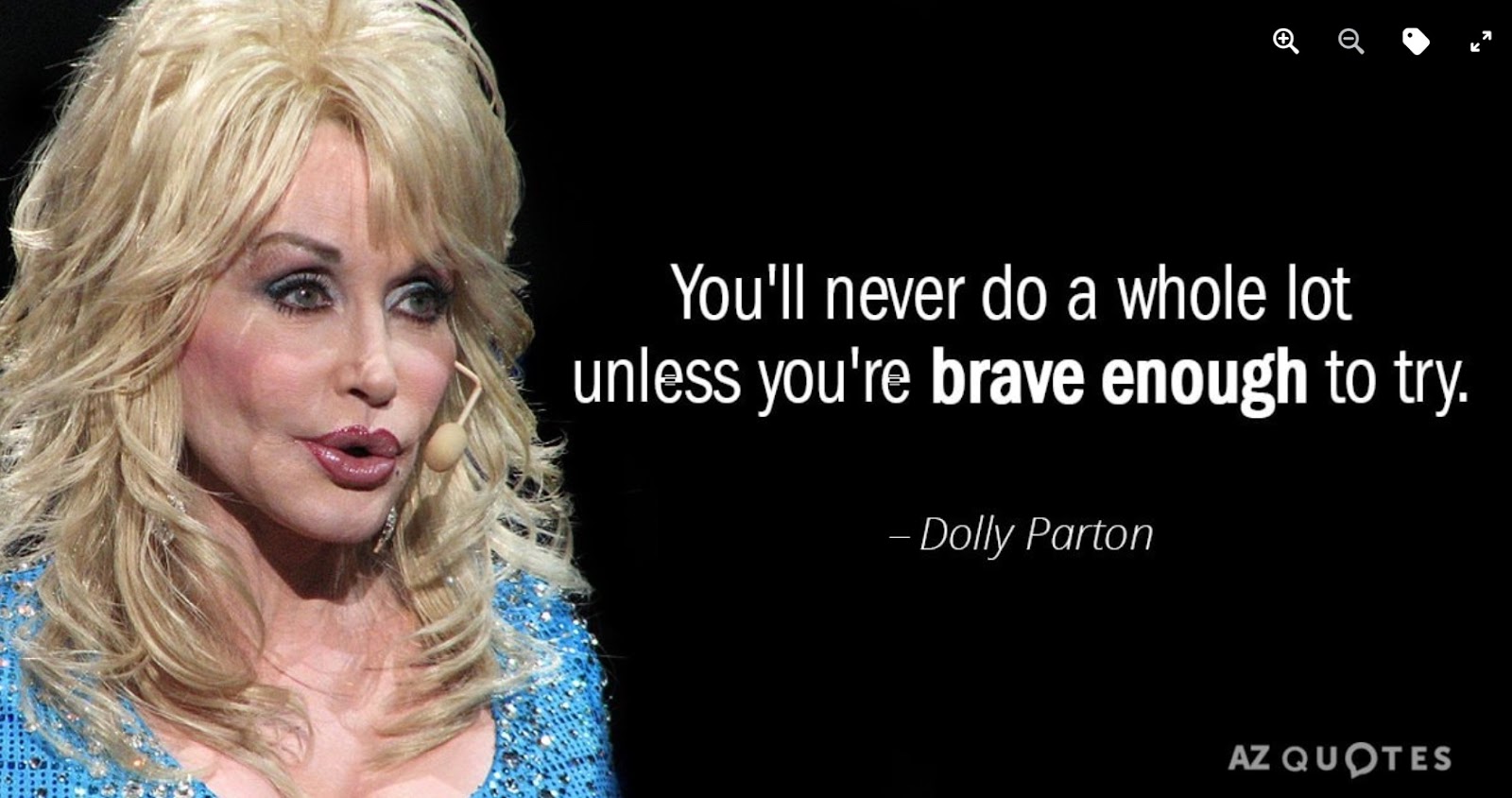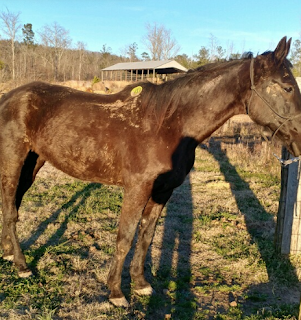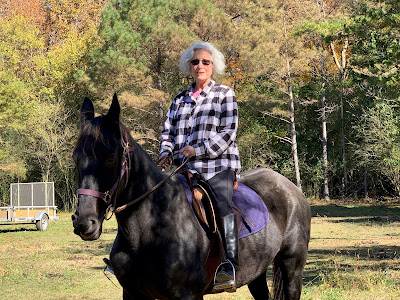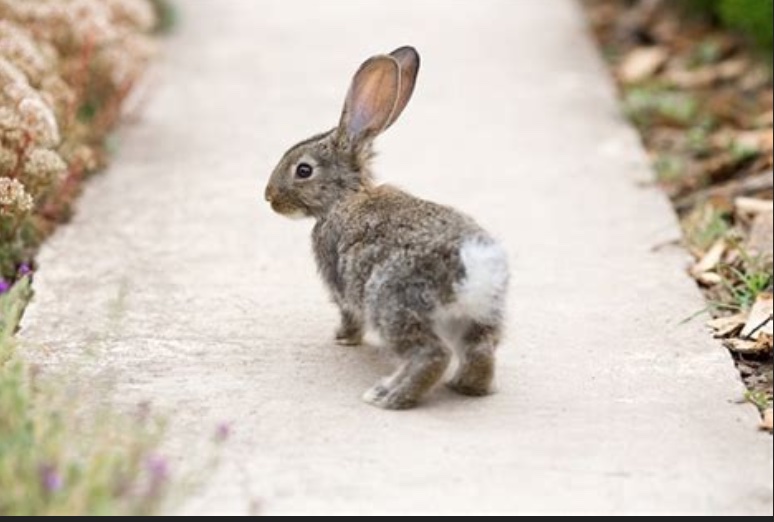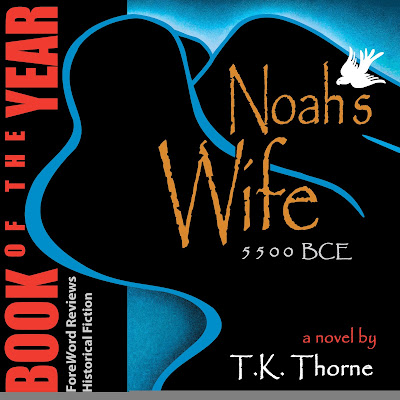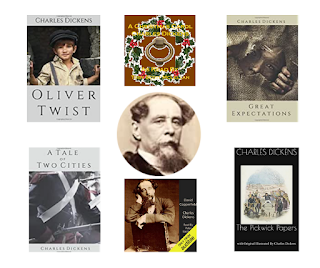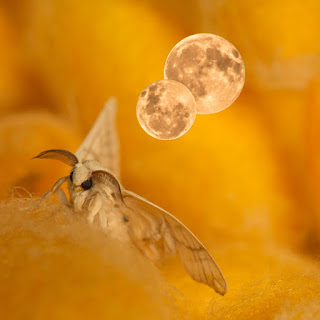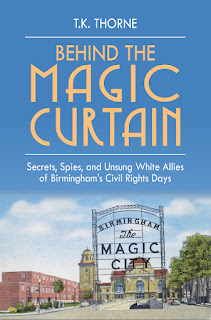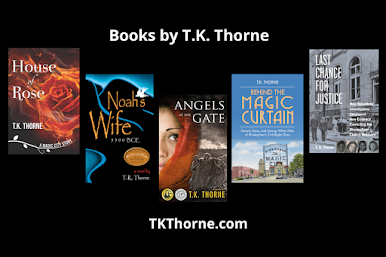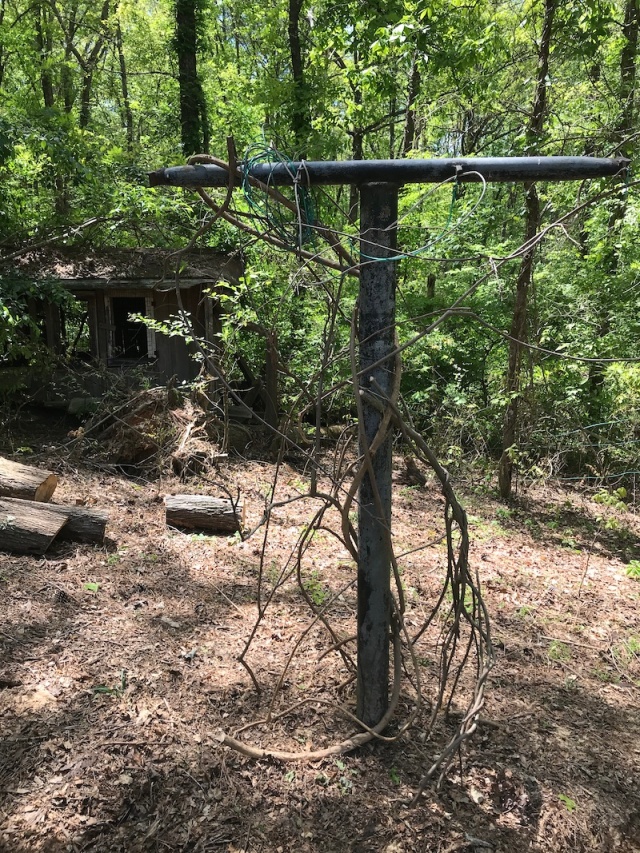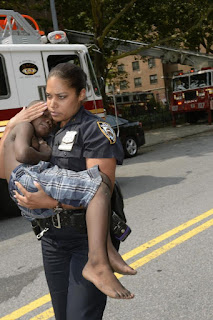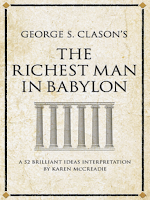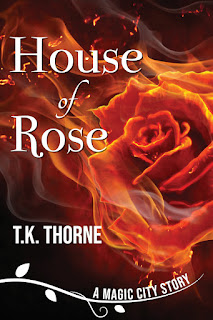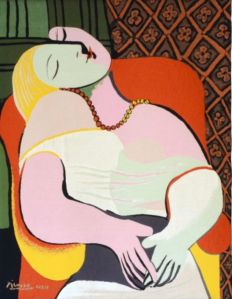
Writer, humanist,
dog-mom, horse servant and cat-slave,
Lover of solitude
and the company of good friends,
New places, new ideas
and old wisdom.
I love the idea of vicariously wearing stiletto
heels because that is the only way that will ever happen! What Rose Brighton discovers, however, is
they might very well be good for something else.
Rose is a police officer who discovers she’s a
witch of House of Rose. She’s received an invitation to dinner from a
devastatingly handsome man, a warlock of another House of Iron. All she knows
is that someone from his House has been trying to kill her and wipe out her
family.
So, of course, she goes—
The Club (pronounced with emphasis on “The”) is a private
dinner club atop Red Mountain overlooking the city. Very posh. I wear my black
dress and a pair of heels I bought, which are killing me. How do women walk in
these things? I let the valet park the car, because I don’t think I could make
it all the way across the parking lot.
In spite of the fact that she is dead, I can hear Aunt Alice
in my head protesting how dangerous it is to meet Jason Blackwell anywhere. I
wonder if any of my family members were prone to do dangerous or impulsive
things. If so, I inherited it, and it’s not my fault, right? Besides, I’ve got
to have info, and I’m not going to get any sitting on my butt.
So, for the sake of gaining intelligence about House of
Iron, which I know nothing about, I am practically standing on my toes trying
not to fall on my face. My sympathies to the Chinese girls whose feet were
bound in ancient times to keep them small for the aesthetic taste of Chinese
men. Thinking about that horrid practice makes me angry. Why am I torturing
myself on these stilts for the pleasure of men?
By the time I make it to the private dining room, I’m
scowling.
“Ciao, Rose!”
Jason Blackwell greets me, rising from his chair at a table by the expansive
window. “You are beautiful even when you look ready to eat the first person in
your path.”
“I look like that?”
“Indeed.”
“It’s the shoes.”
“Ah.” He pulls out my chair, and I sit . . . gratefully.
A bottle of wine chills in a bowl on a small stand by the
table. I’ve seen setups like this in movies, but this is way out of my comfort
zone. Jason gestures at the wine. “I took the liberty of ordering. It’s a fine
year. Would you like to try it?”
“Yes.”
He lifts a finger and a waiter I didn’t even see glides to
our table and opens the bottle, pouring a small amount in Jason’s glass. It
would be nice to have a touch of James Bond sophistication with wine at this
point, but I can see it’s a French white from the label, and that’s about the
extent of my wine knowledge. Fortunately, Jason seems at home with the
requirements and takes a sip, savoring it on his tongue for a moment before
nodding assent at the waiter, who pours my glass first, then his. I watch all
this with fascination, and because I am afraid to look at my date. He almost
hurts the eyes.
Suddenly Becca’s voice is in my head: Oh my God, Rose. Does he have a brother?
That breaks the spell and I smile. Thank you, Becca.
“So, has anyone tried to kill you lately?” Jason asks,
turning his attention to me.
I laugh and chastise myself for being so easily charmed.
This man, I remind myself, may have lived a lot longer than I, despite his
youthful looks.
“Actually, I have managed to outwit a sniper since we last
saw each other.”
His face, which I am now watching carefully, hardens. “I didn’t
know that. He missed, I assume.”
“How do you know it was a ‘he’?”
Now it is his turn to laugh. “Be easy, detective. I do not
know that. It was a chauvinistic guess.”
The waiter sets down a basket that smells heavenly. Jason
folds back the white linen to reveal the warm breads inside. “You must try an
orange roll, house specialty.”
I bite into it and close my eyes. After I swallow, my tongue
finds the bits of crystalized sugar on my lips.
Jason clears his throat. “I’m not sure if I wish to eat or simply
watch you eat.”
I open my eyes, my earlobes burning, and snatch at the menu.
I order fish, and he orders lamb. Appropriate. I feel like a
lamb stalked by a wolf and wonder if I used enough deodorant to last through
dinner.
Jason’s gaze drifts to the huge window that looks down into
the valley. “It is a beautiful view, isn’t it?” Below us, the lights gleam like
multicolored gems.
“It is.”
“Sometimes,” Jason says, “when I cannot sleep, I look down
on this from my bedroom window.”
Warning bells ding in my head. This personal revelation is a
bit of intimacy meant to make himself appear more human, a little bait thrown
out to gain my sympathy.
I can play the game
as long as I know there is a hook beneath the bait . . . right?
“You have trouble sleeping?” I ask.
“More often than I’d like.”
I wonder what his
nightmares are about.
I take another swallow of wine and decide it is time to stop
flitting around. “I have a question.”
He arches a brow.
“Who is trying to kill me?” I ask.
For a swiftly passing moment, his face tightens. Anger? Then
the lines smooth and he considers me.
“I do not know.”
“You have no idea?”
“No.”
Was there the slightest hesitation before that answer? He
takes my hand and lightly rubs a thumb down the inside of my wrist. My pulse
jumps. ‘Jump’ is the wrong word, more like catapults.
. . . I take a deep swallow of wine and feel it burning into
my chest. “Are we going to have an honest discussion?”
His mouth crooks again. “That would be novel.”
“Answer the question,” I demand.
“Yes. Yes, we are going to have an honest discussion.” He is
amused again, which is irritating.
“You know more about who might have tried to kill me than
you are telling me.”
“What makes you say that?”
“I’m a detective, remember?”
“I think you are prejudiced against the House of Iron.”
“Maybe.”
He leans back. “I honestly don’t know. At times I’ve thought
it could be someone in my House, but I’ve no proof of any kind. Most of my
youth was spent in Italy where my father had a villa and a mistress. After his
death, I remained there. It is still my primary residence.”
“So who comes to mind when you think that?”
“Let us not play this game. I have no knowledge that my
family is involved. If I ever have, I will tell you. I find I have a desire to
keep you alive. Frutti proibiti sono i più dolci.”
“Which means?”
“Forbidden fruit is the sweetest.”
My ears burn again. “Is that a promise, Mr. Blackwell?”
“It is a promise.” He smiles. “Enough of that. Now, let’s
talk about you.”
My defenses rear up. “What about me?”
“I take it you are not a social butterfly.”
“Was it the shoes thing?”
He laughs. “In part. You are intriguing, Miss Brighton,
though forbidden fruit.”
I sip my own wine. “Forbidden? In what way?”
“House of Iron and House of Rose never . . . intermingle.”
“Really? Why is that?”
“Let us call it a strong cultural tradition. Both Houses must
marry outsiders.”
His reaction makes me suspect this prohibition is more along
the lines of prejudice, and my jaw tightens. “Them” and “us” exist even among
the witches and warlocks.
. . .Our food comes at that moment. It is beautifully
presented, with a small sprig of cilantro and a lemon wedge cut artfully in a
spiral design, and I realize I’m starving. While he talks, I eat, feeling his
eyes on me again. I want to believe he had nothing to do with my family’s
murder. I can’t explain why. I just do. Maybe because his eyes are so blue.
When our plates are whisked away, I excuse myself from the
table to powder my nose and wobble my way down the hall. “If I ever try to wear
heels again, just shoot me,” I mumble aloud.
A platinum-haired lady exiting the women’s restroom gives me
an odd glance. I smile and point to my ear. She sniffs in disapproval of the
concept of people talking on invisible phones in public and walks on with her
nose in the air.
Once inside, the first thing I do is kick off the shoes, sit
on the toilet seat and rub my arches. I linger just long enough to give my feet
a reprieve, wash my hands, and reapply lip gloss. Lipstick requires far too
much aim and control. My hair is curling wildly from the moisture outside, but there’s
not much I can do about that. I wash my hands and dry them in the curls, a
temporary taming technique. Reluctantly, I slip the heels back on.
In the hall, a girl with freckled skin and bony elbows steps
carefully around the corner, balancing a tray of glasses. Unbeckoned, a surge
of living-green sweeps into me. The girl freezes, and a shadow girl steps ahead
of her, slightly out of focus, moving in my direction. I am seeing the future,
moments from now.
A portly shadow man exits the men’s room, which is next to
the women’s room where I stand, and bumps into the girl, spilling her tray. He
turns on her, angry and wobbly, probably drunk. I can’t hear anything he says
to her, but it isn’t necessary. The slump of her shoulders reflects his abuse.
The whole thing fades, and the girl in my universe or time-line resumes walking
toward me.
Without thinking about it, I step to the men’s room and lean
against the door. Someone on the other side pushes to get out, but I set my
weight into it.
“What the hell?” he slurs from inside.
When the waitress is safely past, I move away from the door,
and it bursts open. The man staggers out like carbonated foam pent up in a can.
At that moment, the headache that seems associated with seeing into the future
hits me, and I just happen to step on his foot with my heel. “Oh, I am so
sorry,” I say and leave him cursing and limping in a circle.
These shoes might be good for something, after all.
Click
HERE to preorder on Amazon
Click
HERE to preorder on BarnesandNoble.com
A retired police captain, T.K. has written two award-winning historical novels, NOAH’S WIFE and ANGELS AT THE GATE, filling in the untold backstories of extraordinary, yet unnamed women—the wives of Noah and Lot—in two of the world’s most famous sagas. The New York Post’s “Books You Should Be Reading” list featured her first non-fiction book, LAST CHANCE FOR JUSTICE, which details the investigators’ behind-the-scenes stories of the 1963 Birmingham church bombing case. Coming in November: HOUSE OF ROSE, the first of a trilogy in the paranormal-crime genre.
She loves traveling and speaking about her books and life lessons. T.K. writes at her mountaintop home near Birmingham, Alabama, often with two dogs and a cat vying for her lap. More info at TKThorne.com. Join her private newsletter email list and receive a two free short stories at “TK’s Korner.”



